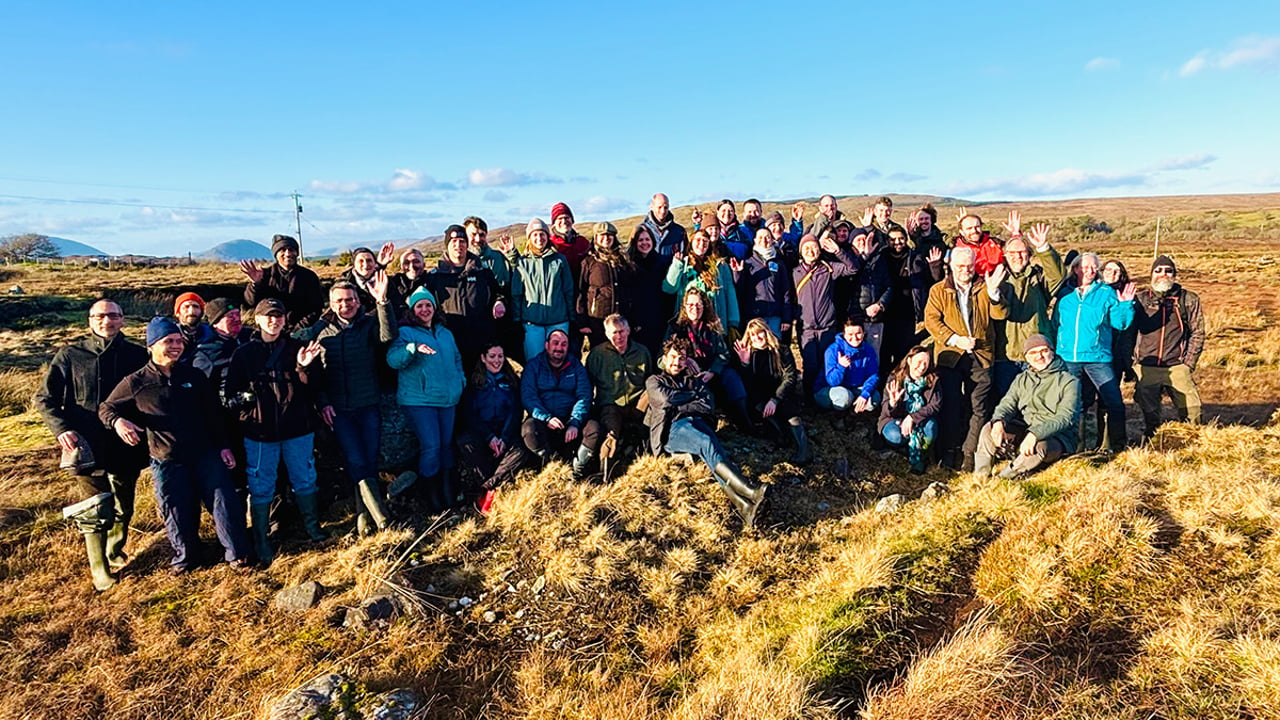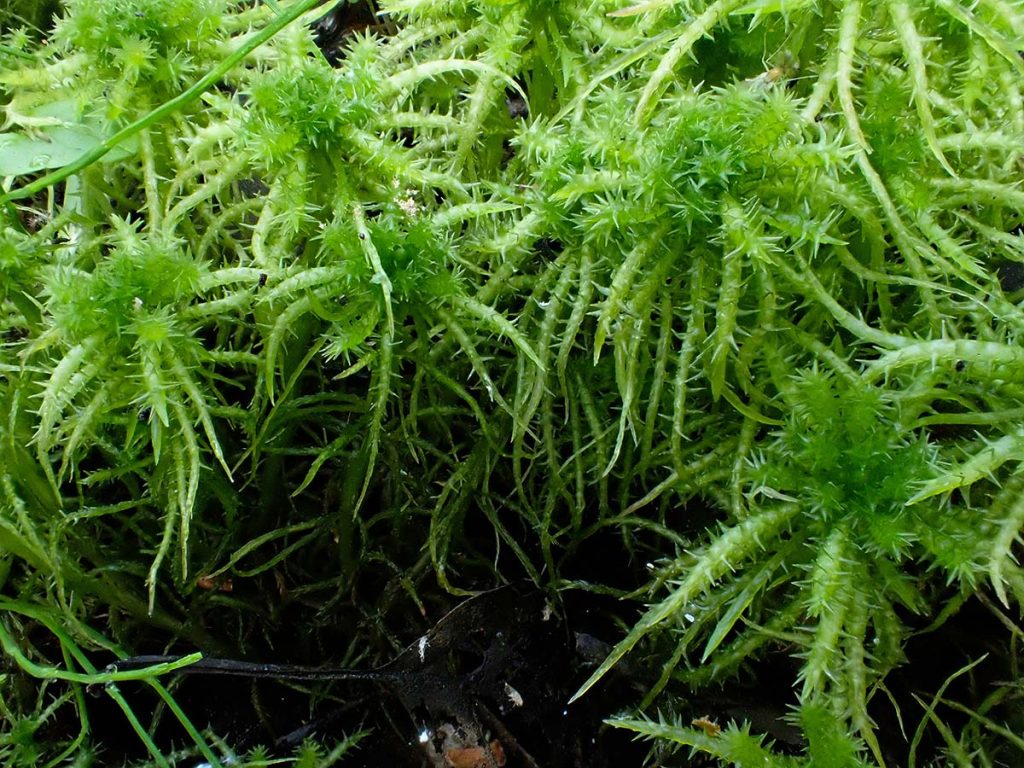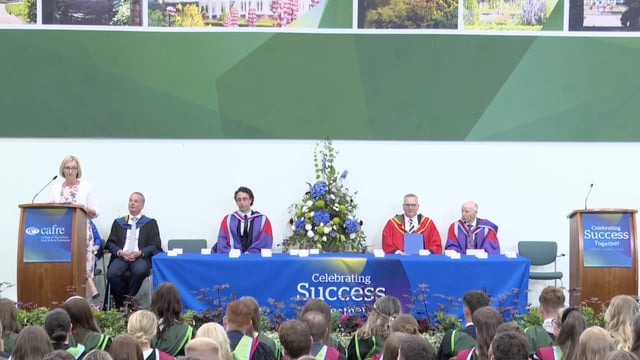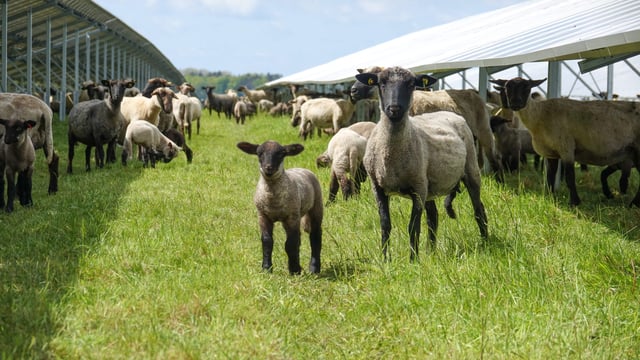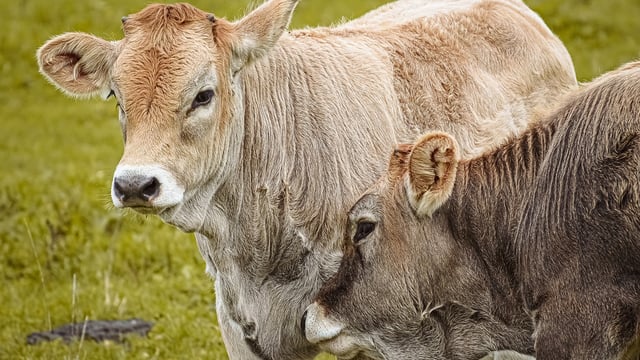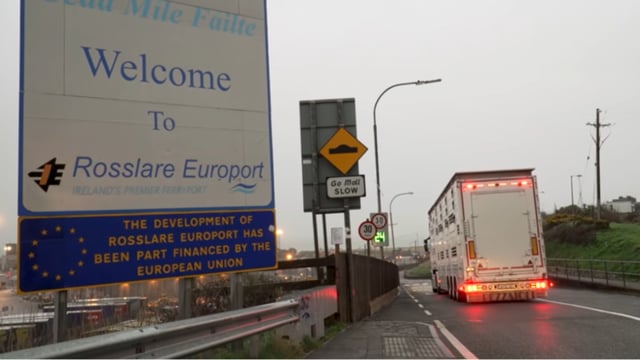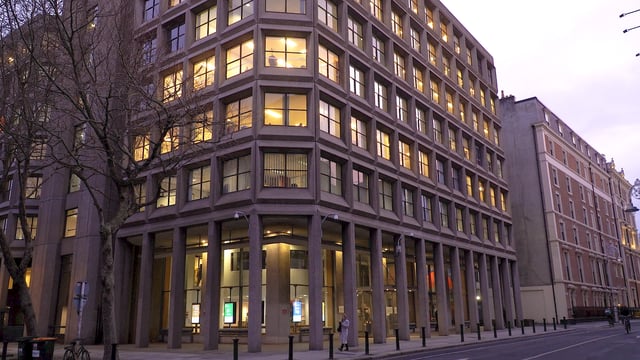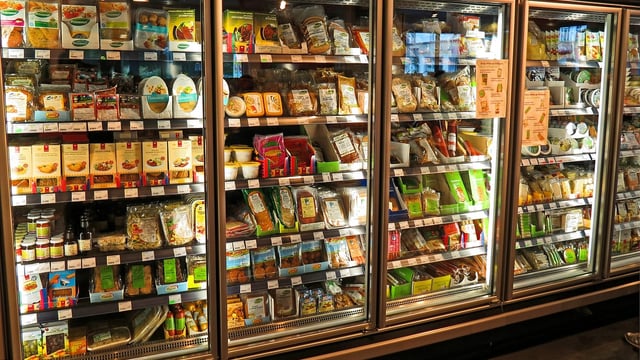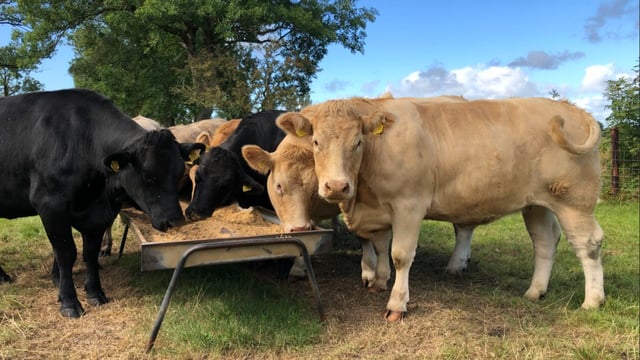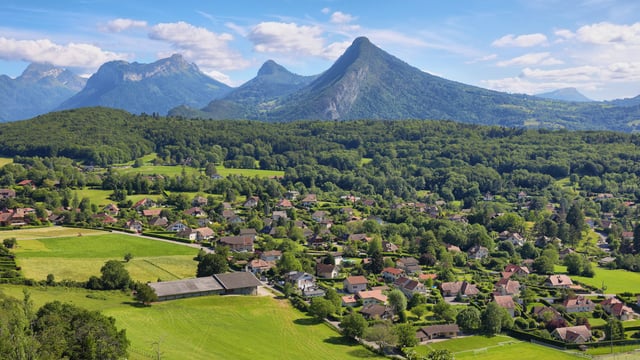'Stop preaching at farmers' about wetlands - consortium
A consortium, led by the University of Galway, has said that we should 'stop preaching at farmers and present them with high-value opportunities" when it comes to to wetlands farming.
It follows the publication of a report by the Environmental Protection Agency (EPA) last week on ‘Large-Scale illegal Peat Extraction in Ireland'.
The EPA investigated 38 sites across seven counties, where large-scale commercial peat extraction is being carried on without any of the necessary authorisations from the local authorities.
These illegal operations are contributing to an export trade of 300,000t of peat annually, valued at almost €40 million, according to the report.
Wetlands opportunities
Some landowners and businesses see peat extraction as a vital return from the land. There is also a profitable and environmentally friendly alternative, according to Palus Demos, a consortium led by the University of Galway.
It is developing paludiculture demonstration sites in Ireland, the UK, and The Netherlands.
Paludiculture is sustainable agriculture and forestry on rewetted peatlands.
It combines land use and crop production with the reduction of greenhouse gas (GHG) emissions - and it can profitable crops for farmers while also improving water quality and supporting biodiversity.
A four-year project, Palus Demos is part of a European drive to help farmers diversify profitably while meeting climate goals, and it is supported by an investment of €10 million from Horizon Europe.
Palus Demos researchers have outlined that they are exploring new agricultural business models, developing markets for paludiculture products and increasing employment while benefiting the environment and aligning with the European Green Deal.
The project brings together 26 international partners including farmers, public research bodies, non-governmental organisations, commercial farms, and industry to stimulate the market and provide policy recommendations to address potential challenges.
Three demonstrator sites have been established in Ireland, the UK and the Netherlands. These are being used to test commercial growing of:
- Sphagnum moss - a valuable alternative to peat for the horticultural sector;
- Typha, a sustainable and circular material for construction;
- A range of food crops, including blueberries and cranberries.
Palus Demos researchers are working with industry to develop markets for paludiculture products, while policy experts will work with European legislators to streamline regulation.
Artificial intelligence researchers will collect data from across the sites to create resources for landowners who want to rewet drained peatland and develop lucrative wetland crops.
The majority of Europe’s peatlands have been drained for agricultural use.
Draining dries the peat, resulting in rapid decomposition and the release of carbon according to Palus Demos.
By managing the water table closer to the surface, the aim is to reduce emissions while allowing for commercially viable crops.
There are an estimated 1.5 million hectares of peatland in Ireland alone, and the consortium believes that turning a proportion of these lands over to paludiculture is an efficient way to meet carbon targets.
Palus Demos coordinator Niall Ó'Brolcháin said: "We need to stop preaching at farmers while tying them up in red tape and to start presenting them with realistic, new, high value opportunities".

